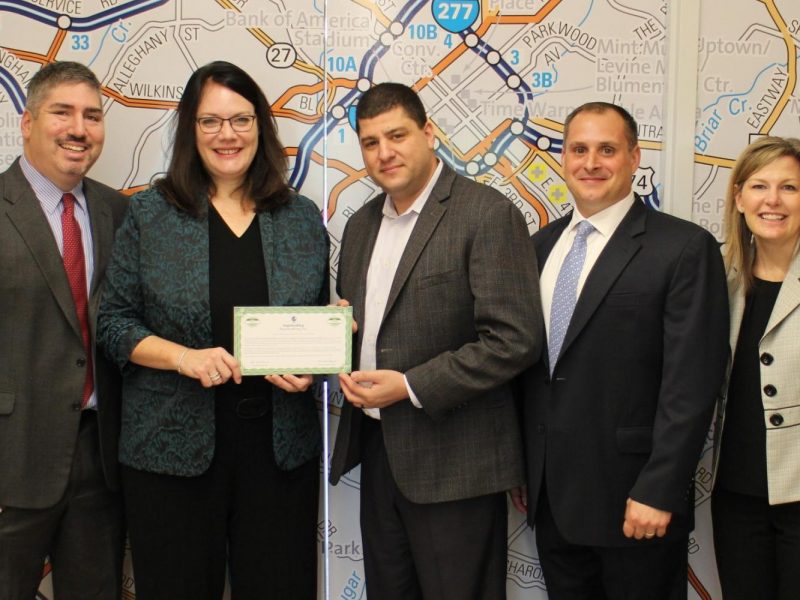
5 Tips for Giving Non-Cash Assets to Charity
3.62k
Do you want to give back to your community, but the majority of your wealth is held in non-cash assets, such as stock or real estate? You can still support your favorite causes and make a charitable impact using non-cash assets.
- Appreciated Publicly Traded Stock
Giving appreciated, publicly traded stock before sale can maximize your charitable impact and tax savings. By donating the stock to charity, you can receive a charitable deduction based on the market value of the shares and can avoid capital gains tax, increasing the amount available for charity. The charitable organization can then sell the stock should avoid paying capital gains.A stock gift can be used to directly benefit a charity or as a contribution to a charitable gift fund, such as a donor advised fund. Transferring stock to a charitable gift fund at Foundation For The Carolinas is easy – simply follow our gift transfer instructions. - Closely Held Business Interests
You can also donate interests in LLCs, limited partnerships and other closely held businesses. For example, one FFTC client turned a charitable gift of an ownership interest in a private equity fund into major charitable impact while enjoying significant tax benefits. As portfolio companies were sold over the years, proceeds were directed to the client’s donor advised fund, from which the client recommended grants to his favorite charities. - Pre-IPO Shares
Do you have appreciated stock in a private company that may go public in the not-to-distant future? FFTC has helped clients support their favorite causes using these assets, as well. - Commercial Real Estate (and Other Real Estate)
Commercial real estate can be used to support charities in a variety of ways. The property itself can be gifted, with charity benefiting from either proceeds from a sale or ongoing income generated by the property. Gifting appreciated real property to charity prior to sale can offer many of the same tax benefits as gifting other appreciated capital assets, as discussed above. - Retirement Funds
While those over the age of 72 must withdraw a Required Minimum Deduction from their Individual Retirement Accounts, some people don’t need that income for living expenses. If this is your situation, you may consider donating your RMD to charity. You’re also allowed to make qualified charitable distributions once you turn 70 ½, even if distributions are not otherwise required from your IRA. Under the current rules, donations can be made to FFTC Community Impact Funds, FFTC Designated Funds and FFTC Field of Interest Funds (but not donor advised funds) or directly to a qualified charity.
Contact Doug Benson at dbenson@fftg.org to learn how FFTC can help you leverage your non-cash assets to build a stronger community.




